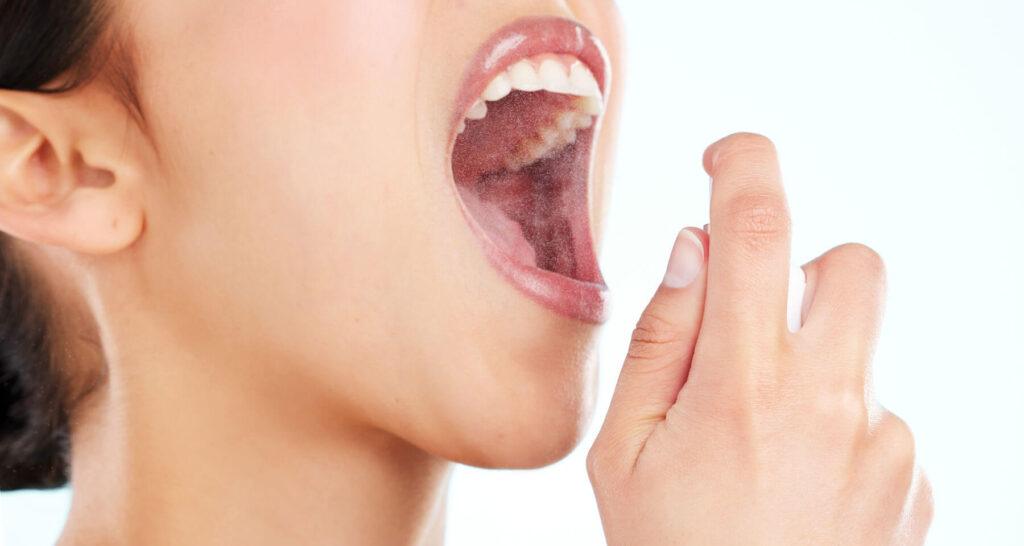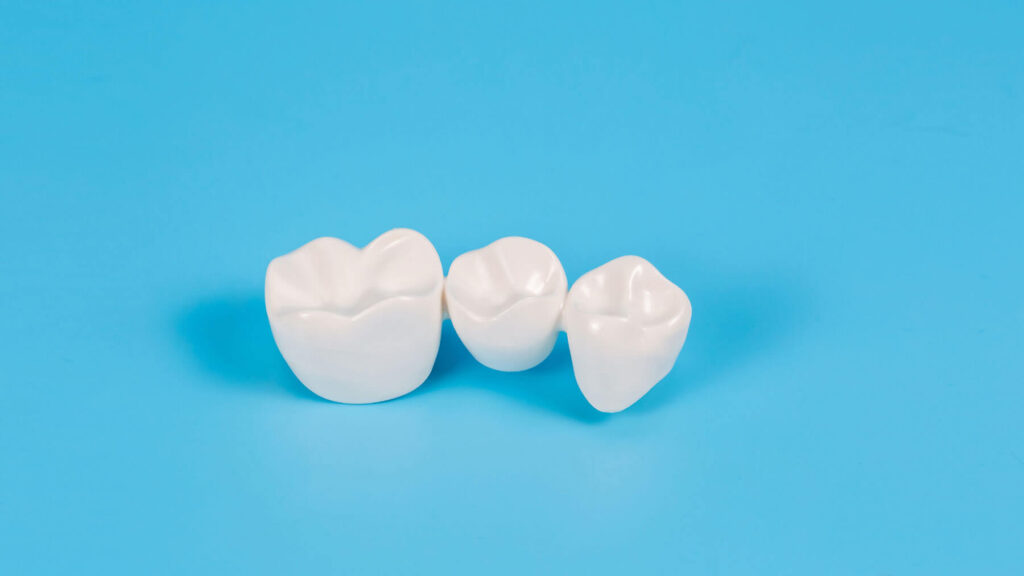Will Listerine Kill a Tooth Infection? What Dentists Say
When tooth pain strikes, it’s natural to look for fast relief. Because of that, many people wonder if Listerine can kill a tooth infection and help avoid a dental visit.
While mouthwash can reduce surface bacteria, a true tooth infection develops much deeper. For that reason, understanding this difference can help protect both your smile and your overall health.
⚠️Why Mouthwash Cannot Cure a Tooth Infection
🧩 Surface vs. Deep Infection (What Mouthwash Can’t Reach)
Cannot penetrate the tooth: Mouthwash cannot reach an infection inside the tooth.
Only works on the surface: Instead, mouthwash mainly reduces bacteria on the surface of your teeth and gums.
Does not address the cause: Most importantly, it does not treat the underlying cause of the infection.
⏳ Why Relying on Mouthwash Can Backfire
Can delay proper treatment: As a result, relying on mouthwash can delay the care you actually need.

🦷Can Listerine Kill a Tooth Infection?
No. Listerine cannot kill a tooth infection. Mouthwash may reduce bacteria on the surface of your mouth. However, it cannot reach an infection inside the tooth, root, or bone.
Why Professional Care Is Essential for Treating Tooth Infections
✅ The Honest Answer (And What To Do Next)
The question of will listerine kill tooth infection is very common. However, the honest answer is that it cannot. A tooth infection requires a professional diagnosis and a proper treatment plan. That’s why we focus on both comfort and long-term health.
🧼 Preventing Future Issues
We can also help with a variety of other dental needs. In addition, you can learn about our options for exams and cleanings to keep your smile healthy and beautiful.
To understand how to best protect your teeth and gums, come in for a professional check-up and oral hygiene assessment.

😌 Why Mouthwash May Seem to Help at First (Tooth Infection Symptoms)
Temporary relief does not mean the infection is gone.
Listerine can create short-term comfort because it:
Reduces surface bacteria
Contains ingredients that numb the area
Lowers minor inflammation
As a result, symptoms may feel less intense for a short time. However, the infection continues to progress beneath the surface.
❓Why You Need a Dentist for Tooth Infection Treatment
- Only a professional can diagnose: A dentist can diagnose the cause of your pain and the severity of the infection.
- Professional treatment works: A tooth infection requires professional intervention, like a root canal or an extraction.
- Risk of spreading infection: If left untreated, the infection can spread and become dangerous.

🩺 What Actually Treats a Tooth Infection (And Why Mouthwash Isn’t Enough)
Professional dental care is the only effective solution.
Treatment depends on the severity of the infection and may include:
Deep cleaning or drainage
Antibiotics when appropriate
Ultimately, addressing the cause early can often prevent more invasive procedures.
👄What Happens If a Tooth Infection Is Left Untreated?
A dental infection does not heal on its own.
Without treatment, an infection can:
Spread to the jawbone or surrounding tissues
Cause swelling, abscesses, or severe pain
In more serious cases, it may lead to medical complications.
If you are experiencing a tooth infection, call our office to arrange a consultation for proper diagnosis and treatment.
📍When to See a Dentist in Carlsbad for a Tooth Infection
Ongoing tooth pain should never be ignored.
If you live in Carlsbad or Near and experience any of the following symptoms, it’s time to see a dentist:
Throbbing or persistent tooth pain
Swelling in the gums or face
Pain when chewing or biting
A constant bad taste in the mouth
Most importantly, seeking care early can make treatment simpler and protect your long-term health.

💬Final Thoughts: Will Listerine Kill Tooth Infection?
Listerine can be helpful for daily oral hygiene. However, it is not a cure for tooth infections.
For this reason, relying on mouthwash alone may delay proper care. Ultimately, recognizing when pain needs professional attention makes all the difference.
Listening to your body and seeking professional guidance is always the safest choice. If you’re in Carlsbad and dealing with persistent tooth pain, get in touch with our office for a professional assessment of your condition.
Frequently Asked Questions
Can mouthwash cure a tooth infection?
No. It may reduce surface bacteria; however, it can’t reach an infection inside the tooth or jawbone.
How often can I use mouthwash if I’m dealing with infection symptoms?
Twice daily is typical; therefore, it can support freshness, but it won’t replace dental treatment.
Can mouthwash reduce bad breath caused by an infection?
Yes, it can lower odor from surface bacteria; still, the source may remain without proper care.
Is warm salt water better than mouthwash for swelling?
Salt water can soothe irritated gums; meanwhile, an antiseptic rinse targets surface bacteria, but neither cures the cause.
Does brushing and flossing plus mouthwash resolve an infection?
Good hygiene helps; however, once infection is inside the tooth, you usually need professional treatment.
Can antiseptic rinses help prevent future infections?
They can reduce bacterial load; moreover, prevention is different from treating an active infection.
Does mouthwash relieve infection pain or just clean the mouth?
It may feel soothing briefly; however, infection pain often needs more than a rinse.
Are alcohol-free mouthwashes effective?
Yes, many alcohol-free options fight bacteria; therefore, they’re a good choice if you’re sensitive to alcohol-based rinses.






